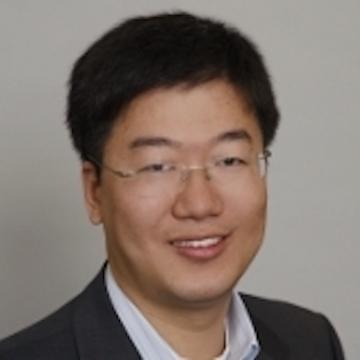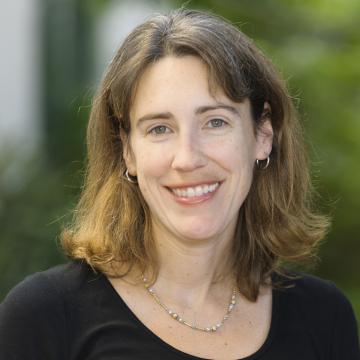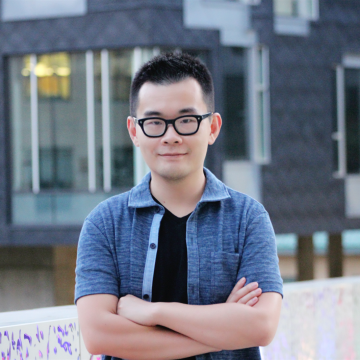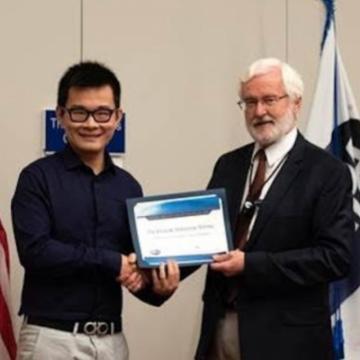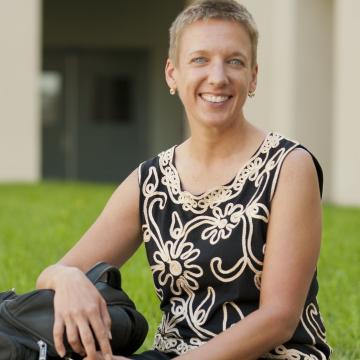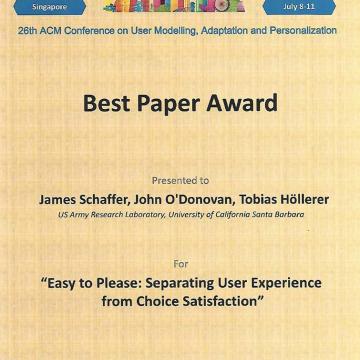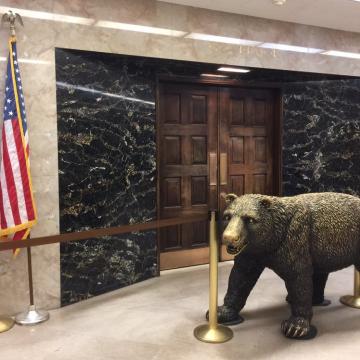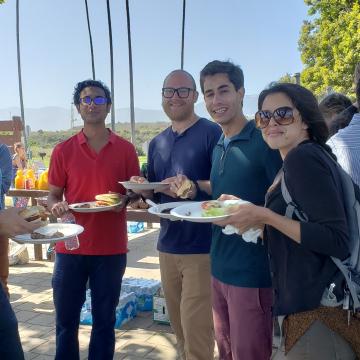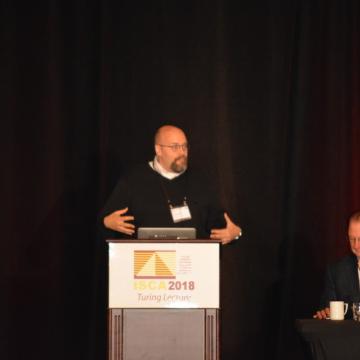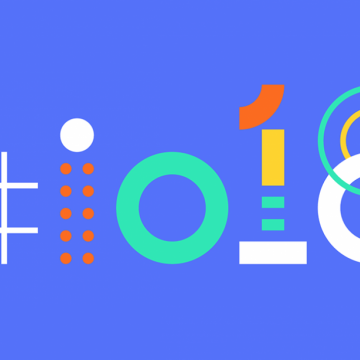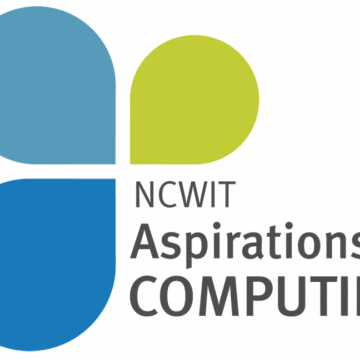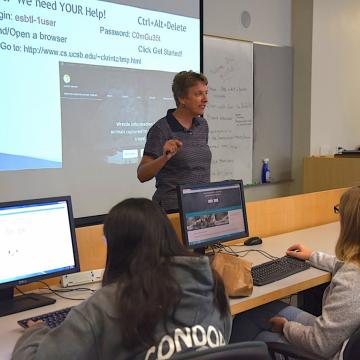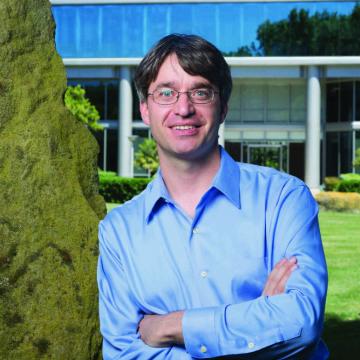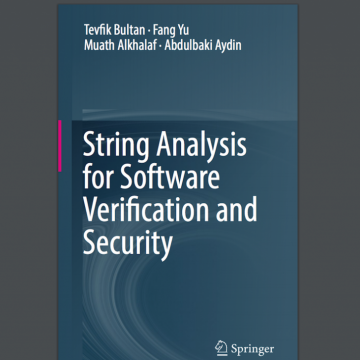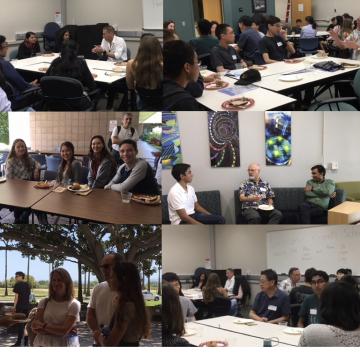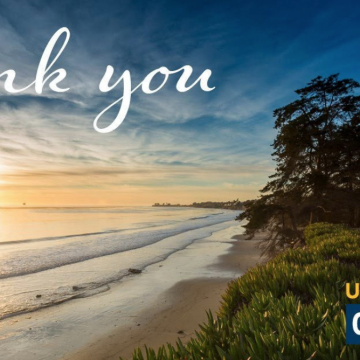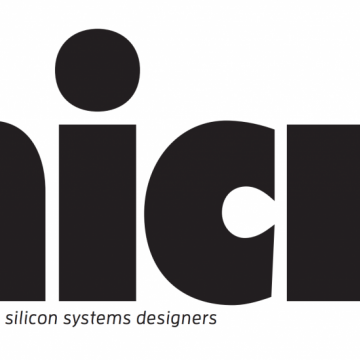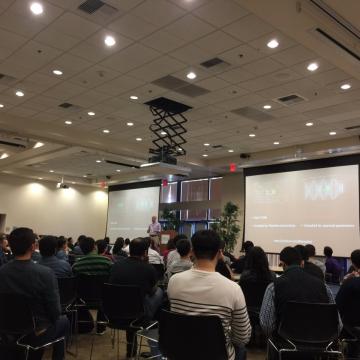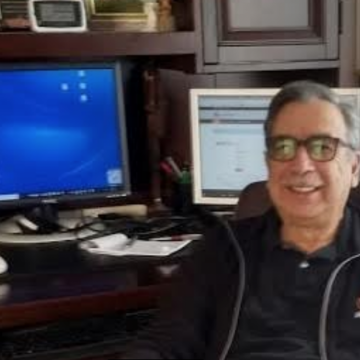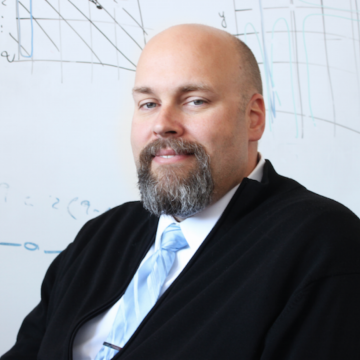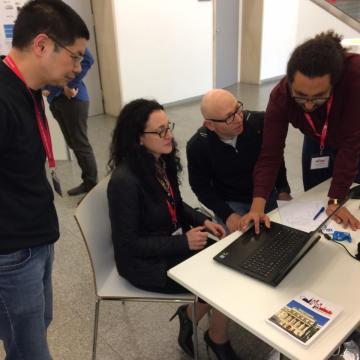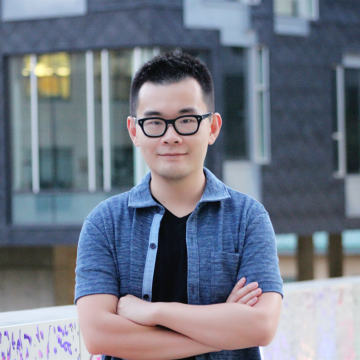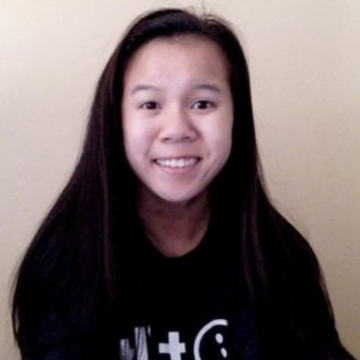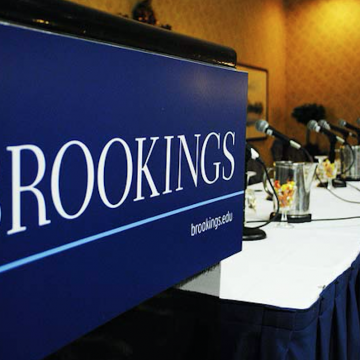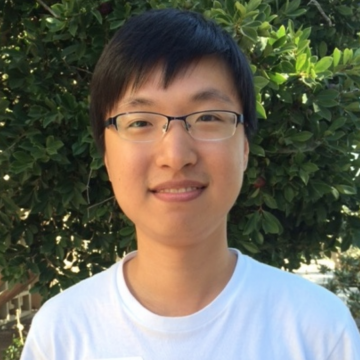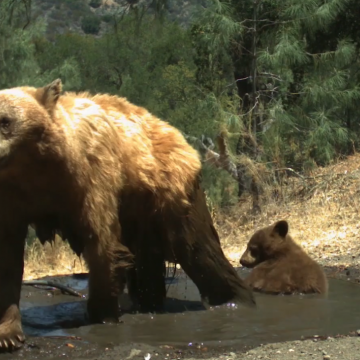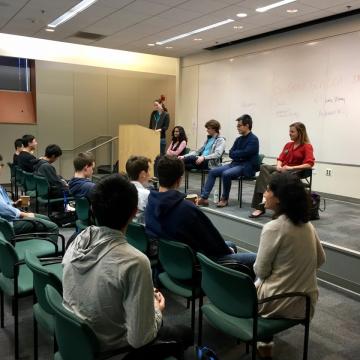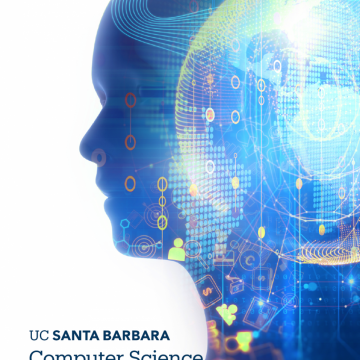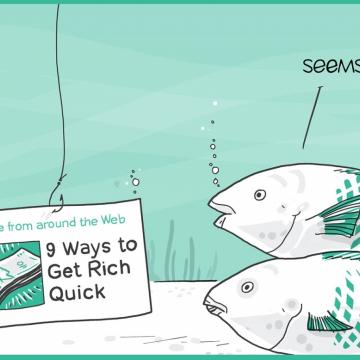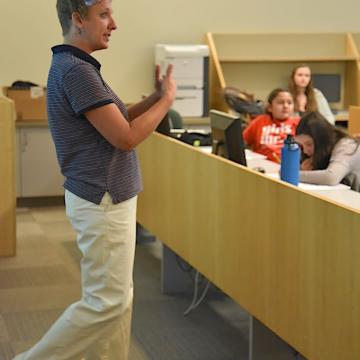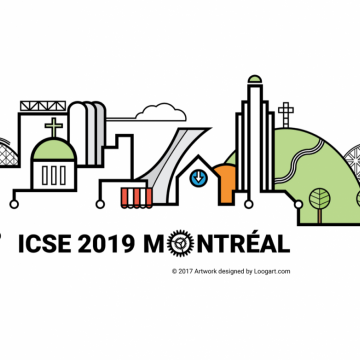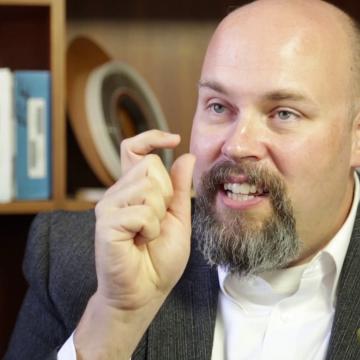News Archive
Prof. Xifeng Yan is serving as program co-chair of the 2019 SIAM International Conference on Data Mining (SDM19), which will be held in Calgary, Canada between May 2 and 4, 2019. The conference is sponsored by the SIAM Activity Group on Data Mining and Analytics and held in cooperation with the American Statistical Association.
CS Professor Elizabeth Belding is the Principal Investigator of a recent $2 Million, three year NSF grant titled "PuebloConnect: Expanding Internet Access and Content Relevance in Tribal Communities". The project is a collaboration with Marisa Duarte (Arizona State), Morgan Vigil-Hayes (Northern Arizona University), Ellen Zegura (Georgia Tech) and Jennifer Nevarez (Community Learning Network). Prof. Vigil-Hayes is a 2017 Ph.D. graduate of UCSB, who worked in Prof. Belding’s research group.
UCPath Comes to UCSB September 27th, 2018. Go-live activities are underway!
(Santa Barbara, Calif.) — Two of UC Santa Barbara’s junior engineering faculty members have received the prestigious Young Faculty Award from the U.S. Defense Advanced Research Projects Agency (DARPA). William Wang, in the College of Engineering’s Department of Computer Science, and Jonathan Klamkin, in the Department of Electrical and Computer Engineering, join 34 other up-and-coming researchers for 2018.
Prof. William Wang receives 2018 IBM Faculty Award. This builds on their existing collaboration with IBM for a prior award in 2017. In a prior collaboration, they have pushed the boundaries of reinforcement learning optimization and knowledge graph reasoning. The results were published at IJCAI 2018 and EMNLP 2018.
Professor William Wang has received a prestigious 2018 DARPA Young Faculty Award! William was presented the award in Washington, D.C. In the past two years, William has successfully grown the Natural Language Processing Lab into one of the most prolific NLP groups in the world. CSRankings.org ranks UCSB #3 in NLP in 2018.
Keynote by Professor Chandra Krintz, UCSB on `SmartFarm: IoT Systems That Simplify and Automate Agriculture Analytics’
The Princeton Review lists Computer Science as the #1 college major in their recent list of Top Ten College Majors. The list is based on research covering job prospects, alumni salaries, and popularity. Here's what they say about CS:
ACM UMAP is the premier international conference for researchers and
practitioners working on systems that adapt to individual users, to
groups of users, and that collect, represent, and model user information.
The title of their paper is "Easy to Please: Separating User Experience from Choice Satisfaction."
Together with UC Berkeley's Vice Chancellor of Research and EECS Prof. Randy Katz, UC Santa Barbara Computer Science Prof. William Wang gave a presentation on the Past, Present, and Future of Artificial Intelligence in the Governor's room at the California State Capitol on Wednesday 06/20, 2018. This is a part of the bigger effort of UC Legislative Roundtable chaired by Senator Hannah-Beth Jackson.
On June 4th 2018, the year-end Computer Science BBQ recently took place at Goleta Beach, with plenty of food and camaraderie.
Panel On the Implications of the Meltdown & Spectre Design Flaws
Google I/O Extended events help developers from around the world take part in the I/O experience. This year, during Google I/O event, UC Santa Barbara Computer Science Professor William Wang gave a keynote speech at the Santa Barbara extended event (hosted by LogMeIn) on the topics of reinforcement learning and semi-supervised learning.
Computer Science Ph.D. student Tegan Brennan has received an honorable mention of the 2018 NCWIT Collegiate Award. The NCWIT Collegiate Award honors the outstanding computing accomplishments of undergraduate and graduate women. Conferred annually, the award recognizes technical contributions to projects that demonstrate a high level of innovation and potential impact. Tegan is advised by Prof. Tevfik Bultan.
Santa Paula High School visited UCSB in May to learn about Computer Science Research with Prof. Chandra Krintz.
A consortium consisting of UC Riverside, UCLA, UCSD and UCSB along with Los Alamos National Laboratory, was awarded $3.6M for the three-year project "Securing smart campuses: a holistic multi-layer approach" through the 2018 UC Laboratory Fees Research Program. The vision for this project is to build security and privacy for “smart campuses”, that present a microcosm of smart cities and more generally of human cyber-physical systems.
As one of the country’s finest institutions of higher learning, UC Santa Barbara affords Regents Scholars many academic and pre-professional experiences, to ensure they reach their full intellectual and career potential.
On Saturday 04/14, Computer Science Faculty members Diba Mirza, Phill Conrad, Jianwen Su, John Gilbert, Yufei Ding, Giovanni Vigna, and Linda Petzold sat together with this year's Regent Scholars for a special lunch event and discussed courses and educational opportunities in Computer Science.
On April 12th, UCSB held the second Give Day event. In this year's event, the Computer Science Department has received a total donation of $376,595, which ranked at the top in the College of Engineering. Private gifts are a very important part of the university ecosystem. With this generous support from you, we are able to keep attracting the very brightest new faculty members, curious undergraduate and graduate students by offering state-of-the-art facilities and outstanding research opportunities.
Since 2016, computer science departments and universities in the Southern California region have heavily invested in Natural Language Processing (NLP) research, and several junior faculty members related to this area were hired across campuses. This includes Prof. William Wang (UCSB), Prof. Sameer Singh (UCI), Prof. Kai-Wei Chang (UCLA), Prof. Xiang Ren (USC), Prof. Vagelis Papalexakis (UCR), and Prof. Ndapa Nakashole (UCSD).
Professor Emeritus Teofilo Gonzalez has been appointed as a member of the ABET Computing Accreditation Commission (CAC) for the term starting July 2018 and ending July 2023. CAC overviews the ABET accreditation of about 100 computing programs (computer science, information systems and information technology) per year all over the world with the goal of improving undergraduate education. Professor Gonzalez has been an active participant as a Program Evaluator, Team Chair or Commissioner of the CAC accreditation process since 2004.
Prof. Tim Sherwood was recently named a Distinguished Lecturer at George Mason University's ECE Department, where he delivered a distinguished seminar on "Computer Architectures as an Instrument for Understanding the Nature of Practical Computation".
A team of UCSB Computer Science researchers just won the EDBT 2018 Best Demonstration Award at Vienna, Austria. The EDBT (Extending Data Base Technology) (http://edbticdt2018.at/) conference is a well-known conference in the area of databases and information systems.
UCSB Computer Science Assistant Professor William Wang receives an Adobe Faculty Research Award for his research on language and vision. Every year, Adobe funds a university faculty research program to promote the understanding and use of data science in the area of marketing. The goal is to encourage both theoretical and empirical development of solutions to problems in marketing.
UCSB Computer Science Ph.D. candidate Yu Su recently accepted a faculty position with Ohio State University (OSU) as Assistant Professor in the Computer Science and Engineering Department beginning Fall 2018. Currently, he is finishing up his Ph.D. with Dr. Xifeng Yan.
Yu's research covers a range of topics in the areas of natural language processing, and data mining, mostly from machine learning and data-driven perspectives. His current projects are focused on question answering, semantic parsing, and information extraction.
Congratulations to Yu on his new role!
In a recent report by the Brookings Institution, UCSB CS Prof. William Wang's research on automated fake news detection was discussed. The century-old American think tank discussed the challenges that fake news poses to journalism, and surveyed recent approaches to combat fake news and disinformation. In particular, Darrell West, the Vice President of Brookings Institution, quoted:
Computer scientists are tackling ecology — and helping ecologists — by bringing machine learning into nature to help identify wildlife
By Shelly Leachman
Wednesday, February 7, 2018 - 13:00
Santa Barbara, CA
Facing a daunting, digital pile millions of photographs high, how would you find the few images you need? Could you, even? It’s a classic needle-in-a-haystack conundrum, and it’s a blaring reality for ecologists, resource managers and farmers who use camera traps to track wildlife.
Every year the Undergrad Affairs Committee organizes an informational session about graduate school. This year the panel was moderated by Sierra Schwellenbach, a member of the undergraduate affairs committee and included Dr. Aishwarya Thiruvengadam, Professor William Wang, Jack Alexander and Maddie Foster.
CS Newsletter, Winter 2018
The latest newsletter from the Department of Computer Science features profiles of new faculty members, highlights of faculty awards and honors, accomplished CS students, and more. To view the full newsletter, please click here.
The Curie-osity Project is a collaborative effort between the McEnroe Reading Clinic and Girls Inc.(link is external), the Curie-osity Project introduces young women in grades 4 through 6 to the women scientists and engineers of the UC Santa Barbara community.
The students:
Prof. Tevfik Bultan was appointed as the Technical Program Committee Co-Chair of the 41st ACM/IEEE International Conference on Software Engineering (ICSE 2019).
The Computing Research Association (CRA) has announced its 2018 Outstanding Undergraduate Researcher Award Winners. Congratulations to our undergraduates Andy Rosales, Dana Nguyen, and Ke Ni, who were selected for Honorable Mention.
Andy Rosales, Advisors: Chandra Krintz and Rich Wolski.
Dana Nguyen, Advisor: Elizabeth Belding.
Ke Ni, Advisor: William Wang.
Details: https://cra.org/2018-outstanding-undergraduate-researcher-award-winners/
